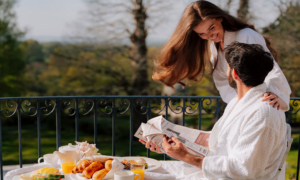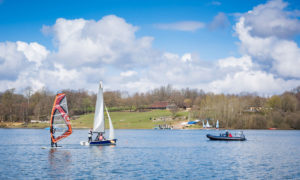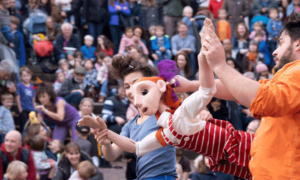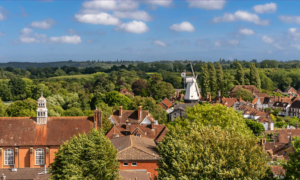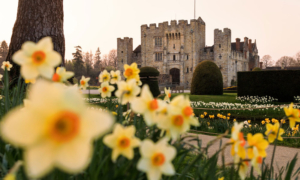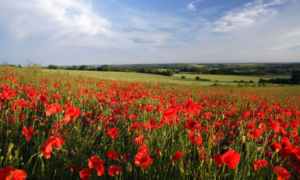
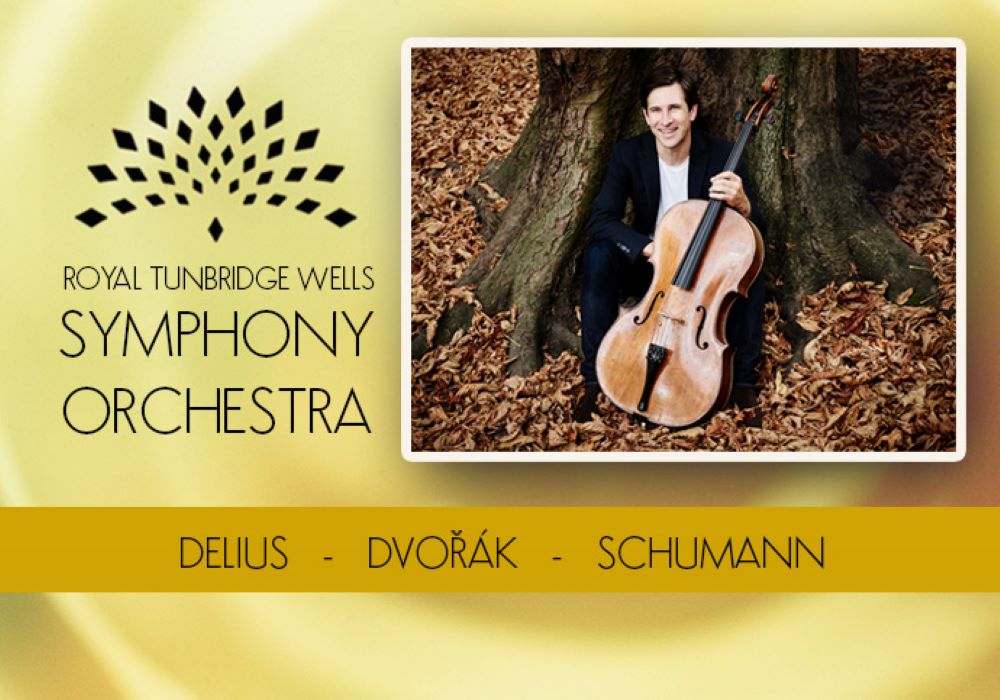
Members of the audience (or orchestra) coming to this concert after a liquid lunch might find the first item rather appropriate. When Frederick Delius wrote The Walk to the Paradise Garden which featured in his opera “A Village Romeo and Juliet” he was not thinking about some heavenly celestial path, but going to the pub! Don’t be deceived by the lush, dreamily haunting music; it masks the sad story of lovers who commit suicide.
How many of us do not want to do something, get persuaded to do it and end up making a wonderful success of it? That is what happened to Dvořák. For a person who did not initially want to write a cello concerto, he ended up composing one that is now seen as one of the most popular – and difficult – in the repertoire. He composed it in 1894 in New York but it was premiered in London 1896, by the English cellist Leo Stern. Our soloist today is Guy Johnston who was the winner of the BBC Young Musician of the Year award in 2000 when he notably broke a string playing Shostakovich’s Cello Concerto No. 1. Guy has performed with the RTWSO twice before, playing the Schumann (2010) and Elgar (2012) concertos. We extend a warm welcome to him.
“Behind every successful man, there is a strong woman,” or so the saying goes. This was certainly true in the case of Robert Schumann. His wife, Clara, was an indomitable woman and it was she who cajoled him into writing his first symphony, also known as his ‘Spring’ Symphony. Although he suffered from mental illness throughout his life, Schumann composed this symphony at breakneck speed in only a few weeks in 1841. The final movement in particular careers along in a happy, carefree way to a glorious conclusion giving no indication of any underlying turmoil going on in his head.
Dominic Grier, Conductor
Guy Johnston, Cello
DELIUS The Walk to the Paradise Garden
DVORÁK Cello Concerto in B minor, Op. 104
SCHUMANN Symphony No. 1 in B flat major, ‘Spring’




